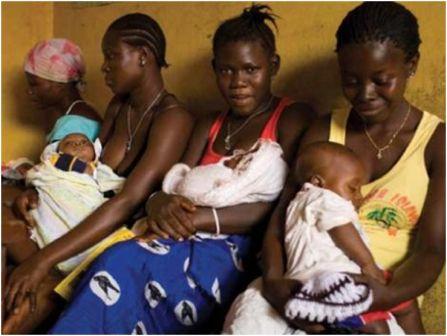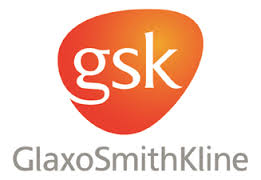Drug firms cut vaccine prices to the developing world
Several major drugs companies have announced big cuts to the amounts they charge for their vaccines in the developing world. The vaccines will be sold at a price that covers the drugmakers’ costs
GlaxoSmithKline (GSK), Merck, Johnson & Johnson and Sanofi-Aventis have agreed to cut prices through the international vaccine alliance Gavi.
GSK said it would cut the price of its vaccine for rotavirus by 67% to $2.50 (£1.50) a dose in poor countries.
Rotavirus-related diarrhoea kills more than 500,000 children a year.
The vaccine will be subsidised by higher prices being charged in richer countries.
The rotavirus vaccine, for example, would cost about $50 in the US.
‘Helped out’
Doctor’s reaction – Dr Freddie Coker is a pediatrician at the main referral centre in Sierra Leone’s capital Freetown. “I’m very excited. As a doctor, I usually spend sleepless nights trying to see how much I can contribute to reducing the infant mortality rate among under-fives in my country. I’m quite happy. “About 40% of cases we see are due to diarrhoea diseases. The mortality rate can be as high as 50%. “The earlier a child is commenced on treatment, the better the outcome.”
“What we need is a return to invest in the next generation of new vaccines and drugs and that has to come from the profits of the medicines or the vaccines,” Andrew Witty, chief executive of GSK told the BBC.
“But it’s obvious that if you’re in Kenya or a slum in Malawi or somewhere like that there is no capacity for those people to contribute to it, so they have to be helped out by the contribution from the middle and the richer (countries).”
Gavi is a partnership representing public and private sector organisations that helps to fund mass vaccination programmes in developing countries.
It is committed to funding the introduction of rotavirus vaccinations in 40% of the poorest countries by 2015, but it faced a $3.7bn funding shortfall and so has been appealing for price cuts and donations.
It will be holding a pledging conference in London on 13 June.
Anti-poverty campaigners welcomed the move but also called on world leaders to act.
“The pricing commitments announced today help drive momentum, but Gavi’s ambition to save four million lives in the next five years is only achievable if the international donor community steps up to the plate on 13 June,” said Jamie Drummond, executive director of campaign group ONE.
Malaria vaccine
Merck has said it will provide its own rotavirus vaccine for $5 a dose, coming down to $3.50 once more than 30 million doses have been sold.
The price Gavi pays for pentavalent vaccines, which protect against diphtheria, tetanus, pertussis, hepatitis B and Haemophilus influenzae type B will be cut by two Indian firms, Serum Institute and Panacea Biotec.
GSK also said it was very close to developing the world’s first malaria vaccine, which is unusual because there is no market for it in the West.
That means there is no opportunity for patients in richer countries to subsidise those in poorer countries.
As a result, GSK said that if the vaccine comes to market it would be sold at a price that provides a small return of 5%, which would be used to fund the next generation of malaria treatments.
Save the Children called on other companies to replicate the “landmark move” which it said could prevent hundreds of thousands of “needless deaths”.
“It’s important that Gavi now uses this to spur other vaccine producers to reduce prices and work to foster greater competition amongst producers to drive prices down even further and help even more children,” said chief executive Justin Forsyth.
BBC News
Stay with Sierra Express Media, for your trusted place in news!
© 2011, https:. All rights reserved.






